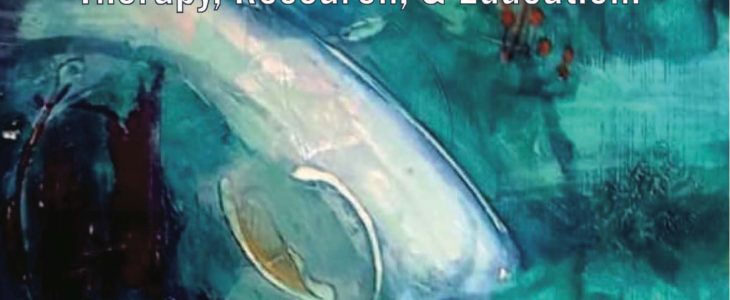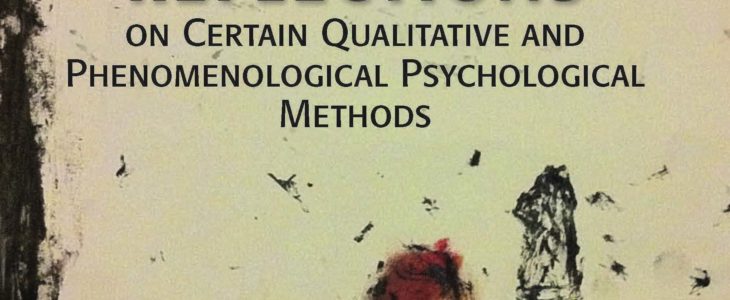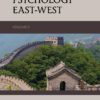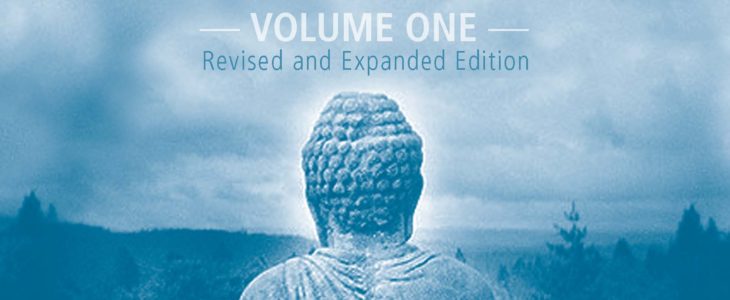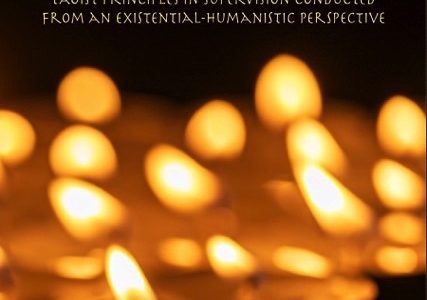
Poetry and art can—and should—change the world. Rising Voices: Poetry Toward a Social Justice Revolution forcefully demonstrates this truth. With 77 poems from 45 poets, Rising Voices addresses critical social justice issues of our time, including racism, homophobia, transphobia, sexism, homelessness, and more. Each topic is approached with sensitivity and insight, strength and compassion. Readers will be provoked to reflection, tears, and action. Rising Voices seeks to comfort, support, and empower those engaged in social justice work while inspiring others to join the movements. This volume includes poems by TS Hawkins, Frederick K. Foote, Jr., Red Haircrow, Aliya J’anai, J. Thomas Brown, Venita Thomas, Carol Barrett, Nathaniel Granger, Jr., Veronica Lac, Louis Hoffman, and more. In addition to the poems, Rising Voices includes a powerful introduction that frames the poetry of the volume through covering topics such as Critical Race Theory, counter-stories, the role of empathy, transforming suffering through meaning, the hard and soft edges of social justice, and more. At the conclusion, several activities are included to help readers reflect upon how they can use their own poetry and the poetry of others to participate in the social justice revolution.
